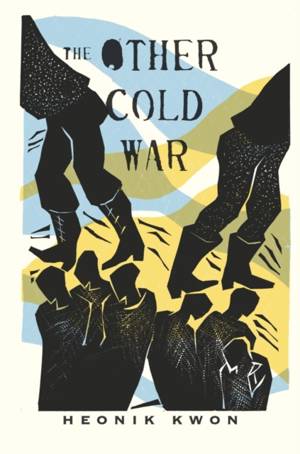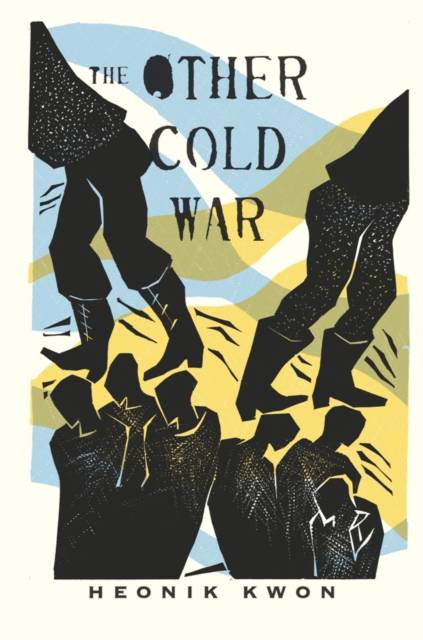
En raison d'une grêve chez bpost, votre commande pourrait être retardée. Vous avez besoin d’un livre rapidement ? Nos magasins vous accueillent à bras ouverts !
- Retrait gratuit dans votre magasin Club
- 7.000.000 titres dans notre catalogue
- Payer en toute sécurité
- Toujours un magasin près de chez vous
En raison de la grêve chez bpost, votre commande pourrait être retardée. Vous avez besoin d’un livre rapidement ? Nos magasins vous accueillent à bras ouverts !
- Retrait gratuit dans votre magasin Club
- 7.000.0000 titres dans notre catalogue
- Payer en toute sécurité
- Toujours un magasin près de chez vous
Description
In this conceptually bold project, Heonik Kwon uses anthropology to interrogate the cold war's cultural and historical narratives. Adopting a truly panoramic view of local politics and international events, he challenges the notion that the cold war was a global struggle fought uniformly around the world and that the end of the war marked a radical, universal rupture in modern history.
Incorporating comparative ethnographic study into a thorough analysis of the period, Kwon upends cherished ideas about the global and their hold on contemporary social science. His narrative describes the slow decomposition of a complex social and political order involving a number of local and culturally creative processes. While the nations of Europe and North America experienced the cold war as a time of "long peace," postcolonial nations entered a different reality altogether, characterized by vicious civil wars and other exceptional forms of violence. Arguing that these events should be integrated into any account of the era, Kwon captures the first sociocultural portrait of the cold war in all its subtlety and diversity.Spécifications
Parties prenantes
- Auteur(s) :
- Editeur:
Contenu
- Nombre de pages :
- 232
- Langue:
- Anglais
- Collection :
Caractéristiques
- EAN:
- 9780231153041
- Date de parution :
- 01-12-10
- Format:
- Livre relié
- Format numérique:
- Genaaid
- Dimensions :
- 152 mm x 231 mm
- Poids :
- 453 g

Les avis
Nous publions uniquement les avis qui respectent les conditions requises. Consultez nos conditions pour les avis.






